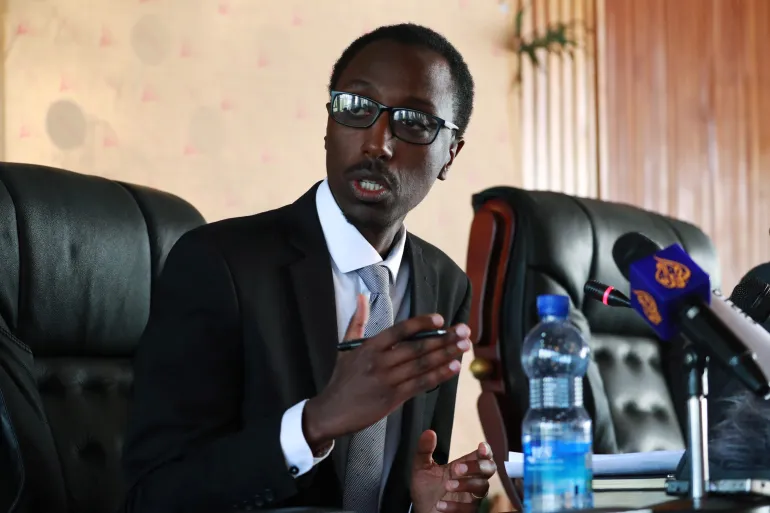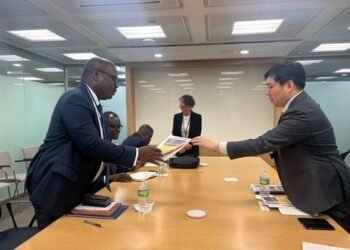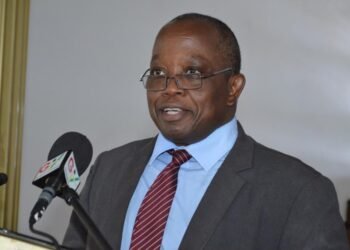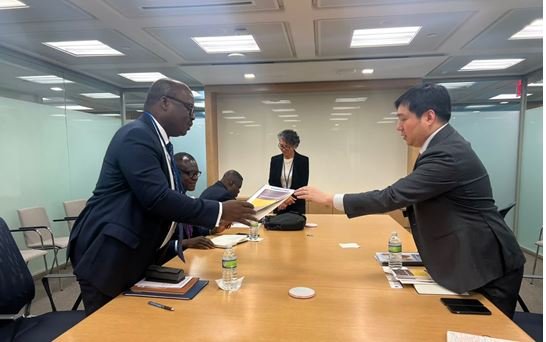Ethiopia has accused Eritrea’s government of working with the Tigray People’s Liberation Front (TPLF) an opposition group based in Ethiopia’s northern Tigray region to prepare for a military offensive.
Ethiopia’s Foreign Minister, Gedion Timothewos made the claim which underscores concerns of renewed conflict in the region, in a letter appealing to UN Secretary-General, Antonio Guterres.
In the letter, Timothewos claimed that there is clear “collusion” between Eritrea’s government and the Tigray People’s Liberation Front (TPLF), a once-dominant political force in Ethiopia that fought a two-year civil war with Addis Ababa, ending in 2022.
The Tigray People’s Liberation Front (TPLF), which dominated Ethiopian politics for some 30 years, has been banned from political activity.
“The collusion between the Eritrean government and the TPLF has become more evident over the past few months.
“The hardliner faction of the TPLF and the Eritrean government are actively preparing to wage war against Ethiopia.”
Gedion Timothewos
In the letter, the Ethiopian Foreign Minister also accused Eritrea and the TPLF of “funding, mobilising and directing armed groups” in the northern Amhara region, where the federal army has been facing rebels for several years.
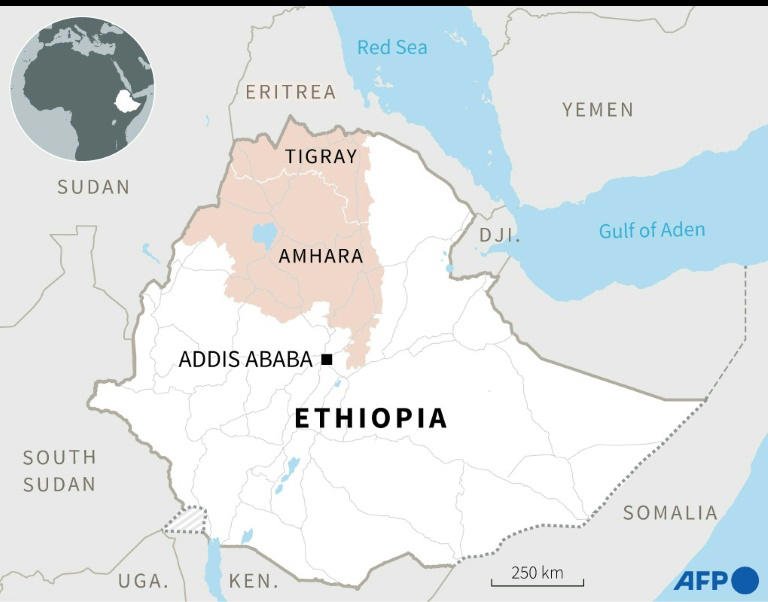
According to the letter, the Eritrean government and TPLF were allegedly involved in a recent offensive by the Fano militia aimed at capturing Woldiya, a major town in the Amhara Region.
The letter speaks to deteriorating relations between neighbouring Ethiopia and Eritrea, which have a decades-long bloody history.
After Eritrea gained independence from Ethiopia in 1993, a border war erupted between the two Horn of Africa countries from 1998 to 2000, leaving tens of thousands dead.
Relations thawed in 2018 after Ethiopian Prime Minister Abiy Ahmed came to power and signed a peace deal with President Isaias Afwerki, who has ruled Eritrea with an iron fist since independence.
The peace agreement earned Abiy a Nobel Peace Prize in 2019. Eritrean troops backed Ethiopian federal forces during the bloody war in the northern Tigray region between 2020 and 2022, which, according to the African Union, left an estimated 600,000 people dead.
Since the conflict ended, relations have again taken a belligerent turn, with Eritrea accusing its landlocked neighbour of eyeing the Assab port on the Red Sea in southeastern Eritrea.
Abiy has repeatedly expressed hopes for Ethiopia to regain sea access, lost legally after Eritrea’s independence.
Timothewos, in his letter to Guterres, accused Asmara of trying “to justify its sinister machinations against Ethiopia by claiming that it feels threatened by Ethiopia’s quest to gain access to the sea.”
He asserted that Eritrea “presents its hostile acts as preemptive defensive measures,” calling such claims “pretexts invoked to justify Eritrea’s decades-old effort to destabilize Ethiopia.”
Ethiopia Seeks Mechanisms Beneficial To Itself And Eritrea
Moreover, Gedion reaffirmed that Ethiopia remains committed to pursuing access to the sea “through peaceful means,” emphasizing that the government seeks “institutionalized economic integration mechanisms beneficial for both Eritrea and Ethiopia.”
He said that Ethiopia’s vision is “shared prosperity through integration that preserves the territorial integrity and sovereignty of both states.”
Reiterating Ethiopia’s readiness to engage in “good faith negotiations with the government of Eritrea,” the Minister urged the international community to pressure Eritrea to cease what he described as “direct and indirect acts of hostility” and to “respect Ethiopia’s sovereignty and territorial integrity.”
In June, a report by a US monitoring group accused Eritrea of rebuilding its army and destabilising its neighbours.
Yemane Ghebremeskel, Eritrea’s Information Minister, criticised the report by the NGO The Sentry and blamed “the new tension in the region” on Ethiopia.
Gedion also called on international partners to continue efforts to promote “constructive engagement and cooperation” between Ethiopia and Eritrea, not only on maritime issues but also in broader regional matters affecting peace and stability in the Horn of Africa.
READ ALSO: Trott Calls For Zero Tolerance Approach To Knife Crime In Schools

